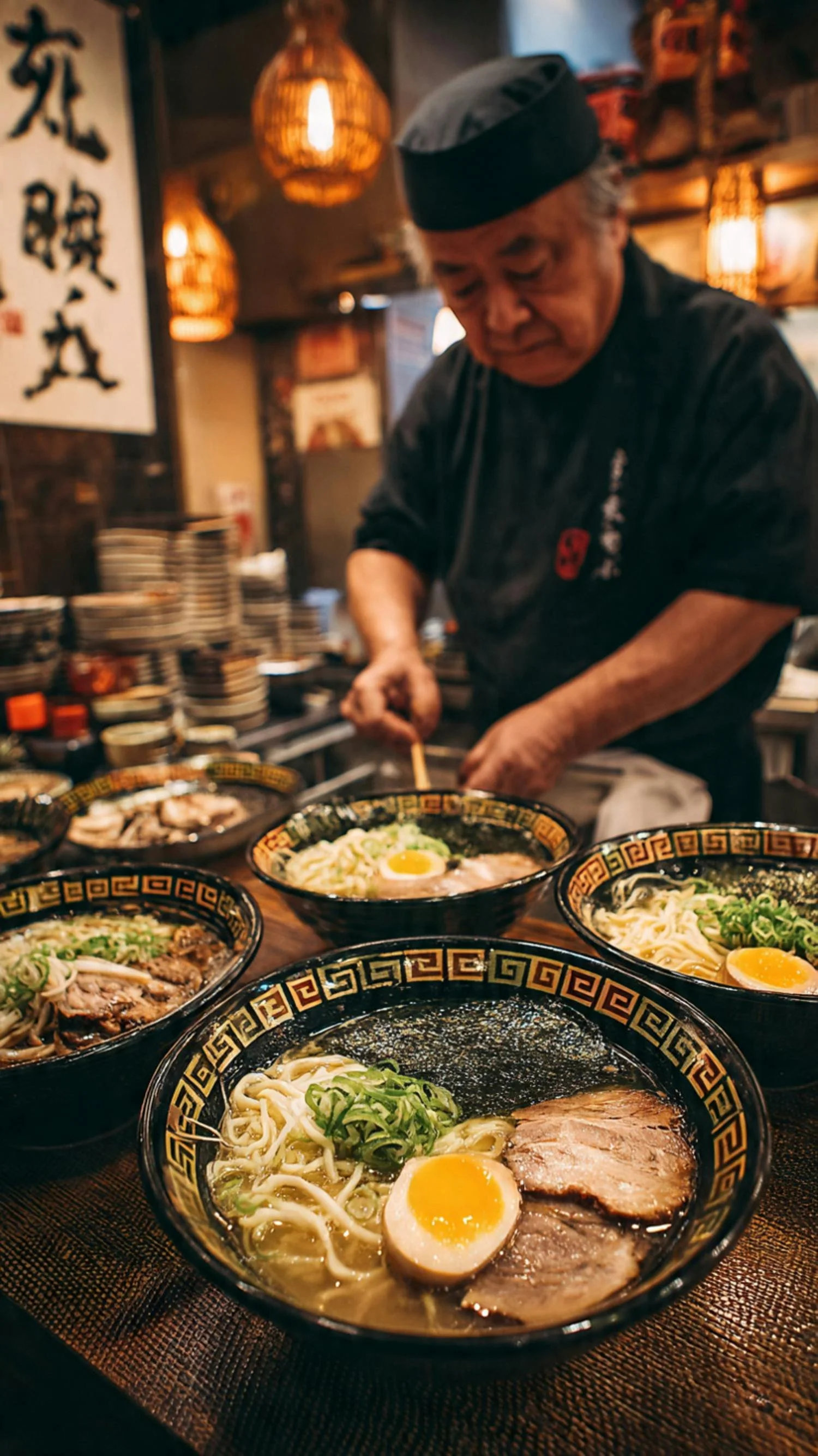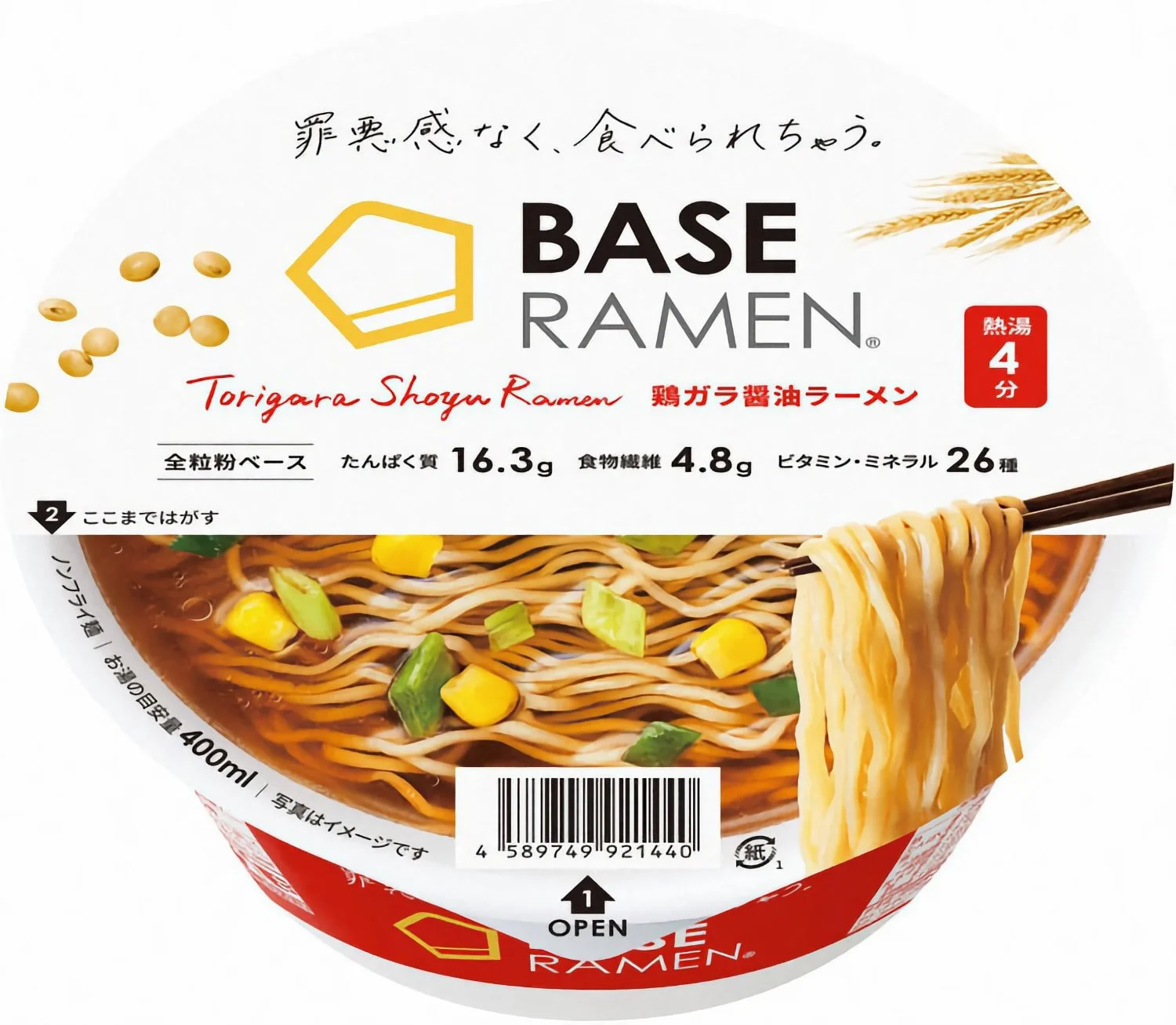Vi har skrivit om Kentucky Fried Chicken i Japan tidigare. De är alltid lika aktuella vid den här tiden på året, då KFC ligger bakom ett stort japanskt fenomen sedan ca 40 år, nämligen att de lyckats övertyga japaner om att man bara måste köpa och äta friterad kyckling i juletid. Faktum är att man under och före julhelgen säljer mat, och då framför allt den bunke ni ser i fotot ovan, men friterad kyckling och en så kallad “jultårta”, för ca en halv svensk miljard!! Ingen dum business. KFC i USA verkar gå lite halvknackigt just nu, tillsammans med många andra snabbmatkedjor, men vad jag kan se på de två KFC-filialer vi har i grannskapet, så brummar man på ganska bra i Japan.
Pamfletten i fotot här ovan handlar om att man erbjuder en rabatt om man handlar lite tidigare, så kallad hayawari. Köper man med sig den där bunken hem före den 12/12 så kostar den 4.990 yen istället för normala 5.490 yen, en rabatt med knappt 10%. Även andra set erbjuds också till lägre pris.
Jag är ingen flitig kund på KFC men när jag går dit så brukar det bli en så kallad Twister. Det är vad man kan kalla en tunnbrödrulle där man har friterad kyckling och sallad i en trevlig sås, i mitt fall en pepparmajonnäs, inlindat i ett tortilla-bröd. Den försvann tydligen från menyn i USA för drygt 10 år sedan, men har nu återvänt efter att kunder bombarderat KFC med böner om en återintroduktion på sociala medier.









